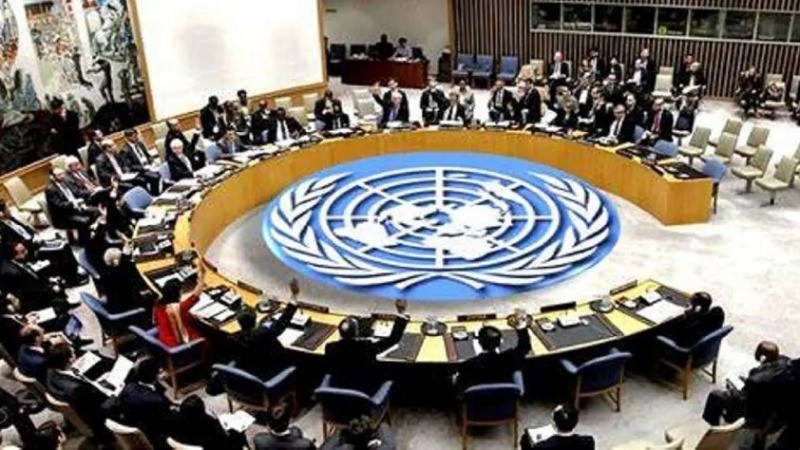
United Nations: The United States is calling for text-based negotiations to advance the reform of the UN Security Council, aiming to revitalize a stalled process. This call comes with a reaffirmation of support for a permanent seat for India, according to US Permanent Representative Linda Thomas-Greenfield.
On Thursday, Thomas-Greenfield emphasized that the US is ready to engage in detailed negotiations on Council reform. "The United States supports engaging in text-based negotiations on Council reform," she said. "It's actually a big deal. It means we’re ready to work with other countries to negotiate language, prepare amendments, and ready this resolution for a vote in the General Assembly, and ultimately amend the UN Charter."
The US has consistently supported permanent Council seats for India, Japan, and Germany. However, the process known as Inter-Governmental Negotiations (IGN) has faced blockages from a small group of countries that oppose adopting a negotiating text. This lack of a formal document has stalled discussions since 2009, preventing progress.
India and other nations have been advocating for the adoption of a negotiating text, and the US’s support adds significant momentum to this push. A senior administration official indicated that Thomas-Greenfield’s announcement aims to "jump-start this process in a number of ways by calling for text-based negotiations at the earliest possible opportunities."
Thomas-Greenfield’s speech at the Council on Foreign Relations highlighted the need for two permanent seats for Africa, a continent with 1.5 billion people across 55 countries, where many Council-mandated peacekeeping operations are located. She noted that current rotating non-permanent seats do not fully capture Africa's contributions and perspectives.
African nations have called for two permanent seats and an increase in elected seats. This demand has gained more attention as the UN approaches its 80th anniversary.
Thomas-Greenfield also discussed the broader need for UN reform, stating that the organization's structures, established post-World War II with a few changes in 1965, no longer reflect today’s global realities. "The world is asking big questions about the United Nations," she said. "Whether this institution is representative and legitimate. Whether it’s built to meet the challenges of the day, as well as the challenges of the future."
The US also proposes adding a non-permanent seat for landlocked developing countries and supports a permanent seat for Latin America and the Caribbean. However, it did not specify support for Brazil, which has also sought a permanent seat.
The US opposes granting veto rights to new permanent members. The Uniting for Consensus (UfC) group, led by Italy and including Pakistan, has been blocking progress by demanding consensus before any negotiating text can be adopted, thus trapping the process in a Catch-22.
U.S. Backs Permanent UN Security Council Seats for African Nations
UN Allocates USD4 Million for Flood Relief Efforts in Bangladesh